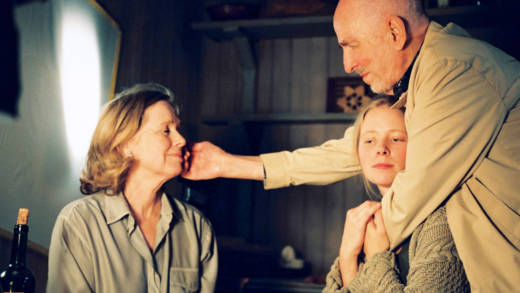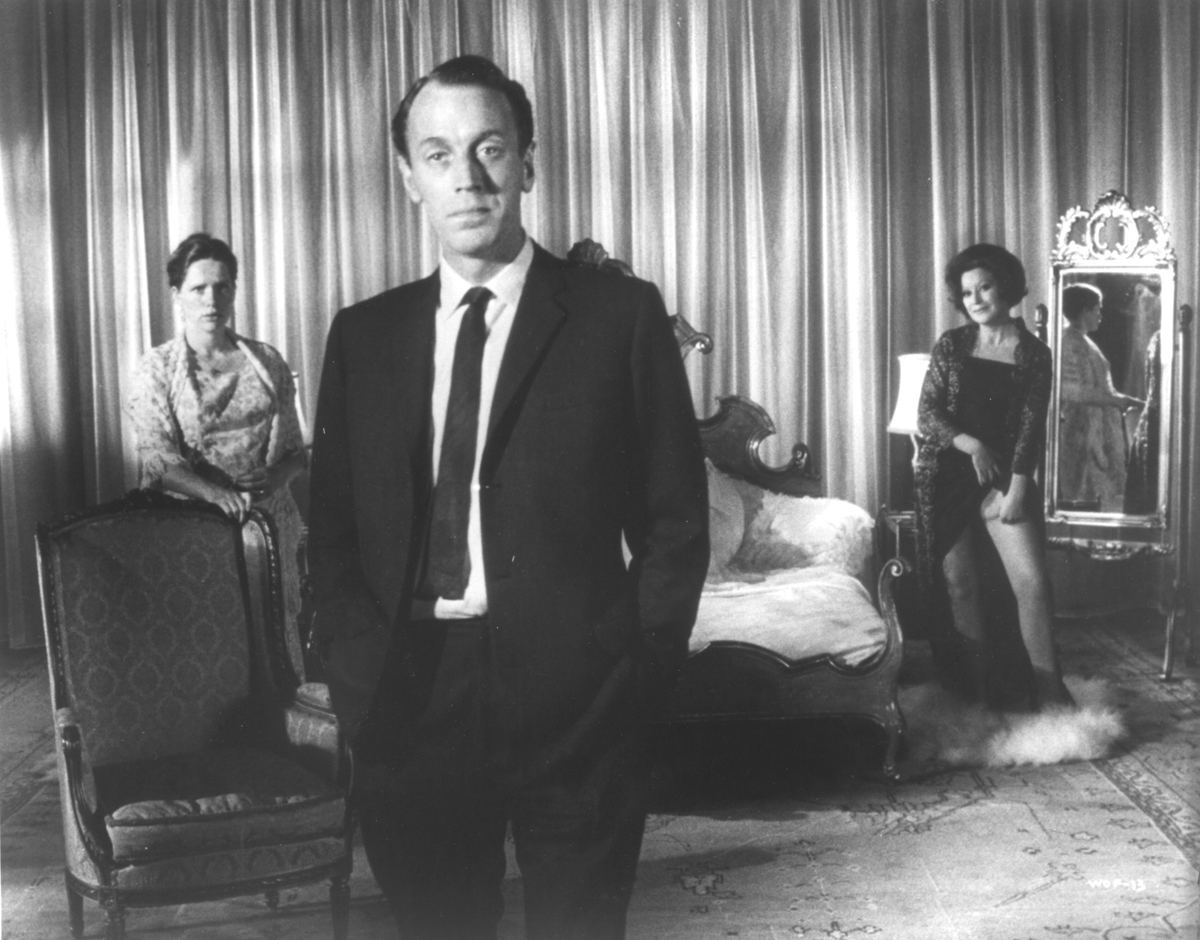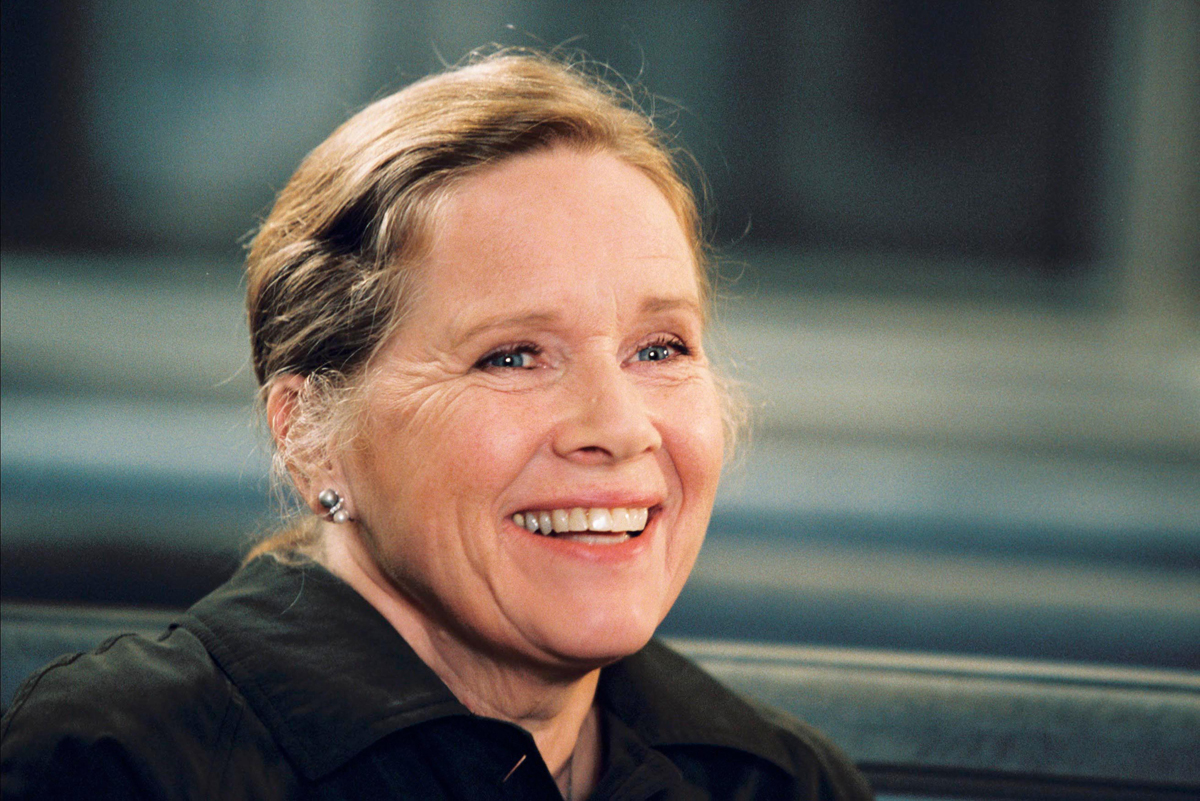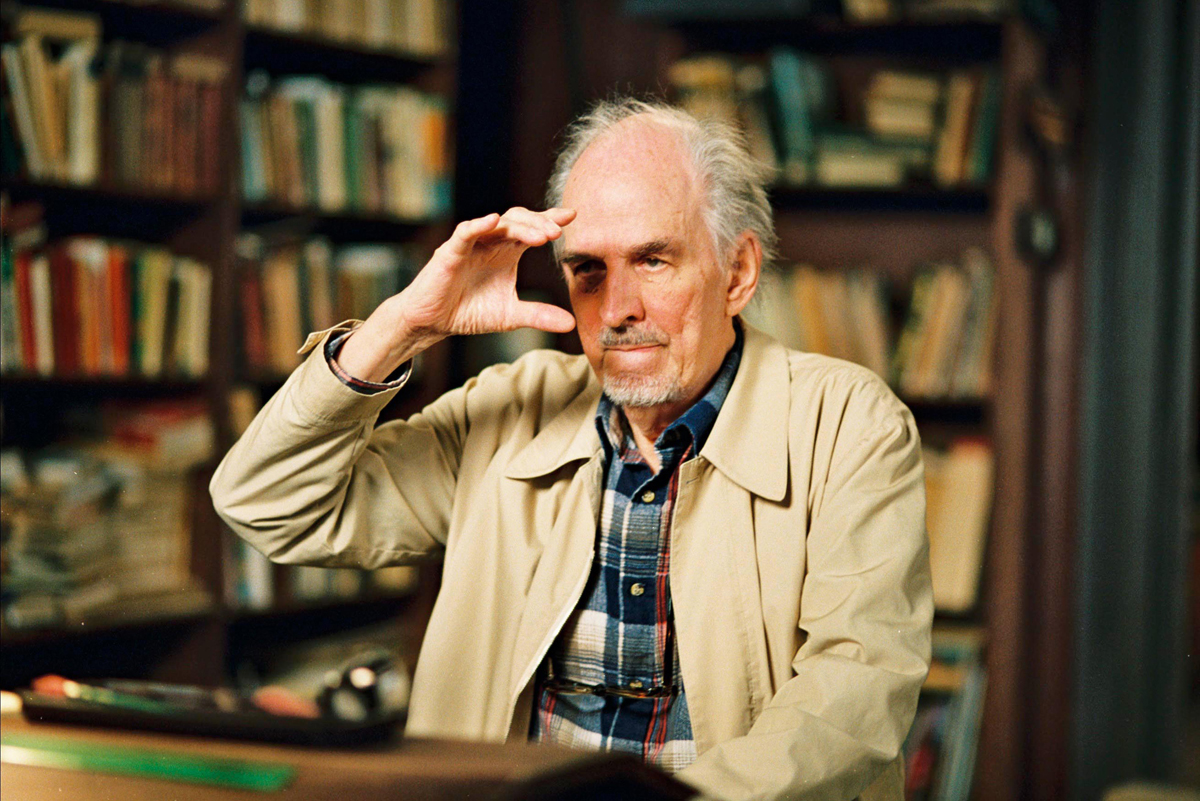As my phone interview with Liv Ullmann draws to a close, I hear papers rustling in her New York hotel room. “I had all these notes about Bergman,” she confides with a laugh, she never referred to them. So much the better, for the great actress (and accomplished director, in her own right) had been wondrously in the moment, drawing on a pinpoint memory to elucidate the essence of her alliance with the Swedish icon Ingmar Bergman.
“I had been an actress for seven years, [and] I felt that I had been an actress my whole life,” Ullmann says, recounting their meeting in the mid-1960s. “I had worked with one of his closest collaborators, Bibi Andersson, and I came to Stockholm to visit her. He was an incredible filmmaker in my mind already then. I met him on the street and he had heard about me and seen my films, and he said immediately, ‘I would like to work with you.’ Though that movie never happened, Persona happened because of that meeting. I think he was very struck, standing there on the street with Bibi and with me, by our alikeness in the way we looked and in the way we talked.
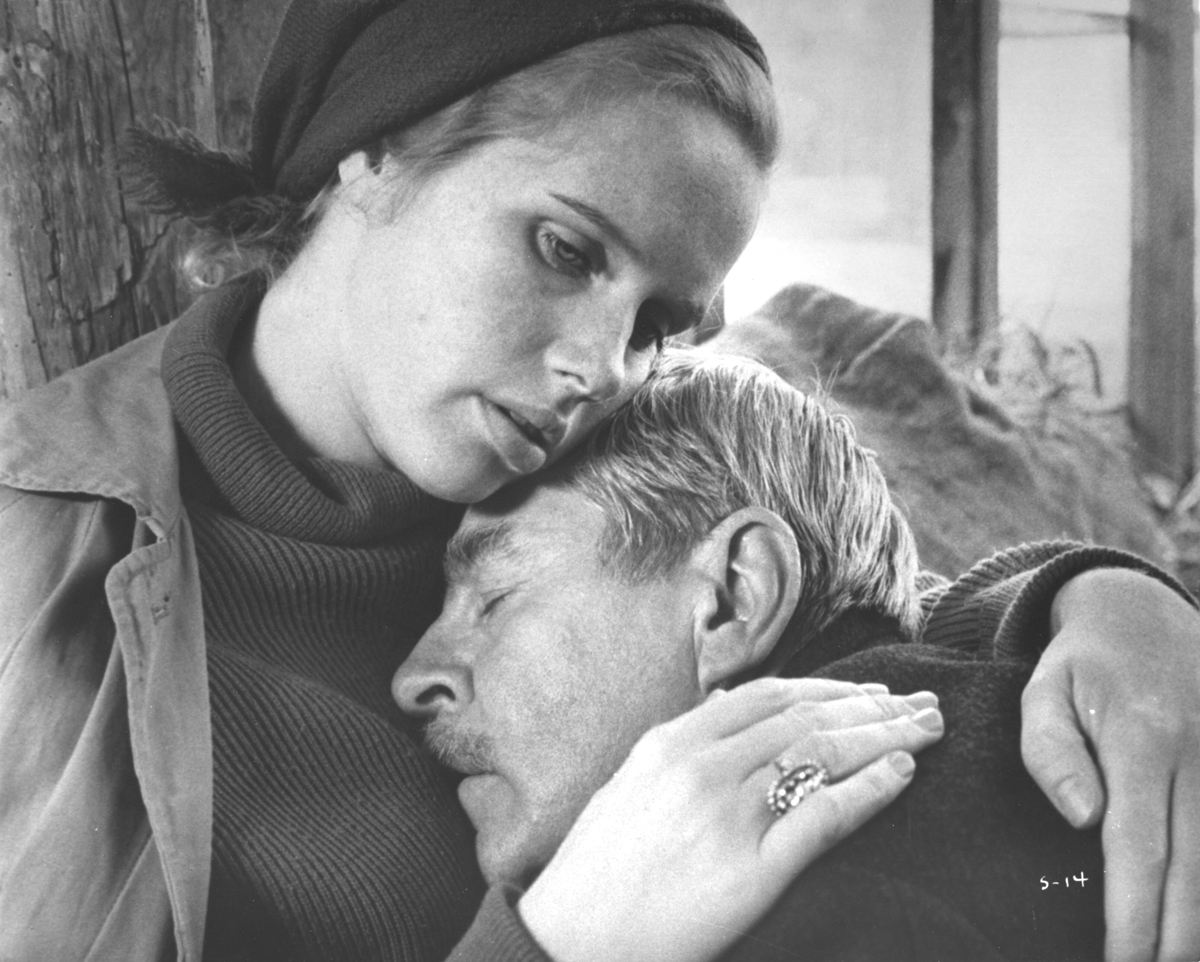
“When the picture I was supposed to be in was cancelled, Bibi and I went on a cultural tour to Poland and Czechoslovakia. We were told that Ingmar was ill and was in the hospital. But he always became ill when he didn’t want to do something. [In] Czechoslovakia we were told by the embassy that we had to come back to Sweden because he was well again and he had made a new script in the hospital, and that was Persona.”
A harrowing portrayal of the identity and power dynamics between an actress who’s stopped speaking (Ullmann) and her nurse (Andersson), Persona (1966) made international stars out of both actresses. It’s the natural choice to open Bergman 100: A Tribute to Liv Ullmann on Thursday, Feb. 1, the first of five programs in BAMPFA’s year-long celebration of Bergman’s centennial.
Ullmann’s in-person appearances at BAMPFA, at this show and for Shame (1968) on Feb. 3, are both sold out. Screenings have been added on Feb. 3 and 4, respectively, but she won’t be present. The Smith Rafael Film Center in San Rafael hosts Ullmann for an evening of conversation and clips on Feb. 2, and a discussion following Autumn Sonata (1978) on Feb. 4. Ullmann will then introduce Faithless, the 2000 film she directed from Bergman’s screenplay.
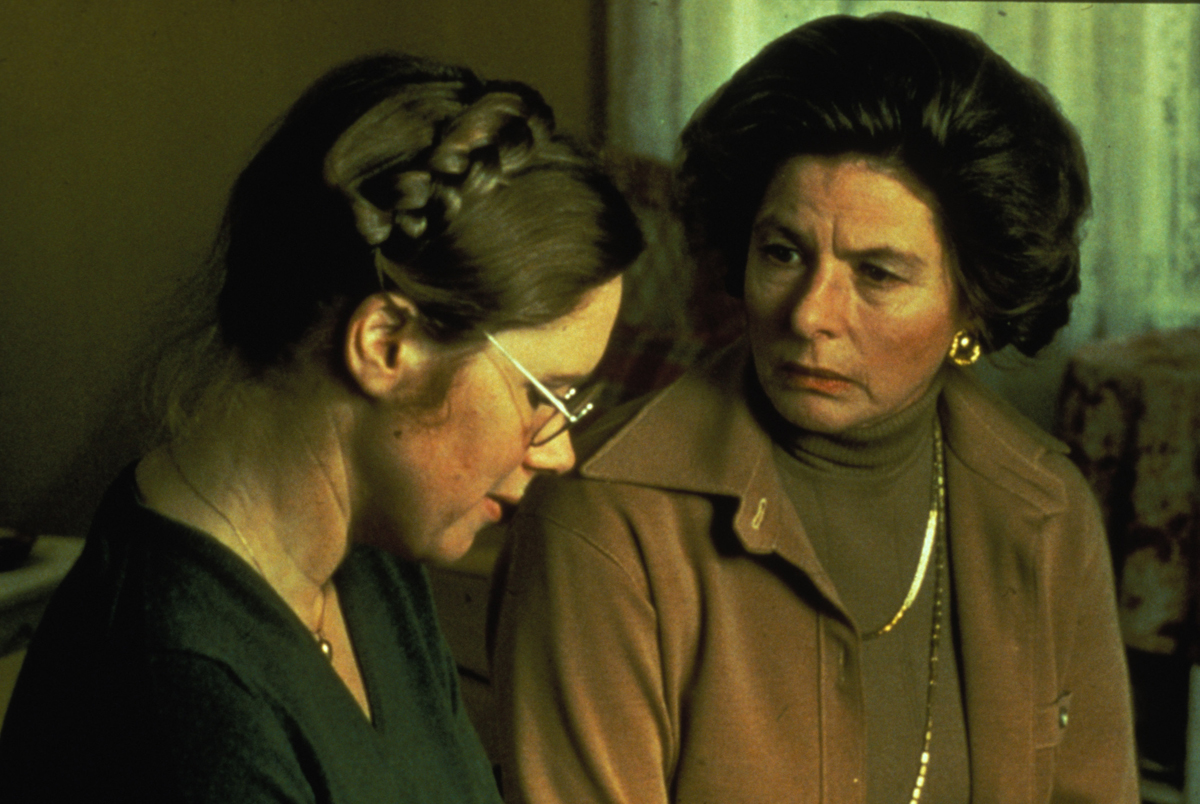
“He was struck by something that he had seen with Bibi and me, and he built Persona on that thing,” Ullmann says. “We never saw it as an incredible movie at the time. I was 25 years old, I didn’t really understand it and neither did Bibi, but we understood the feelings. I knew one thing very well, and that I was him. Not that I could verbalize what I knew or understood about him but I recognized him, and I think he recognized me. He was almost 50, he had come to a sad moment where he wanted to isolate and not talk and turn away from society and people and love and everything. And he put all of that into my part. Bibi was the other part — maybe she was him, too — that wanted to connect, to understand.”
